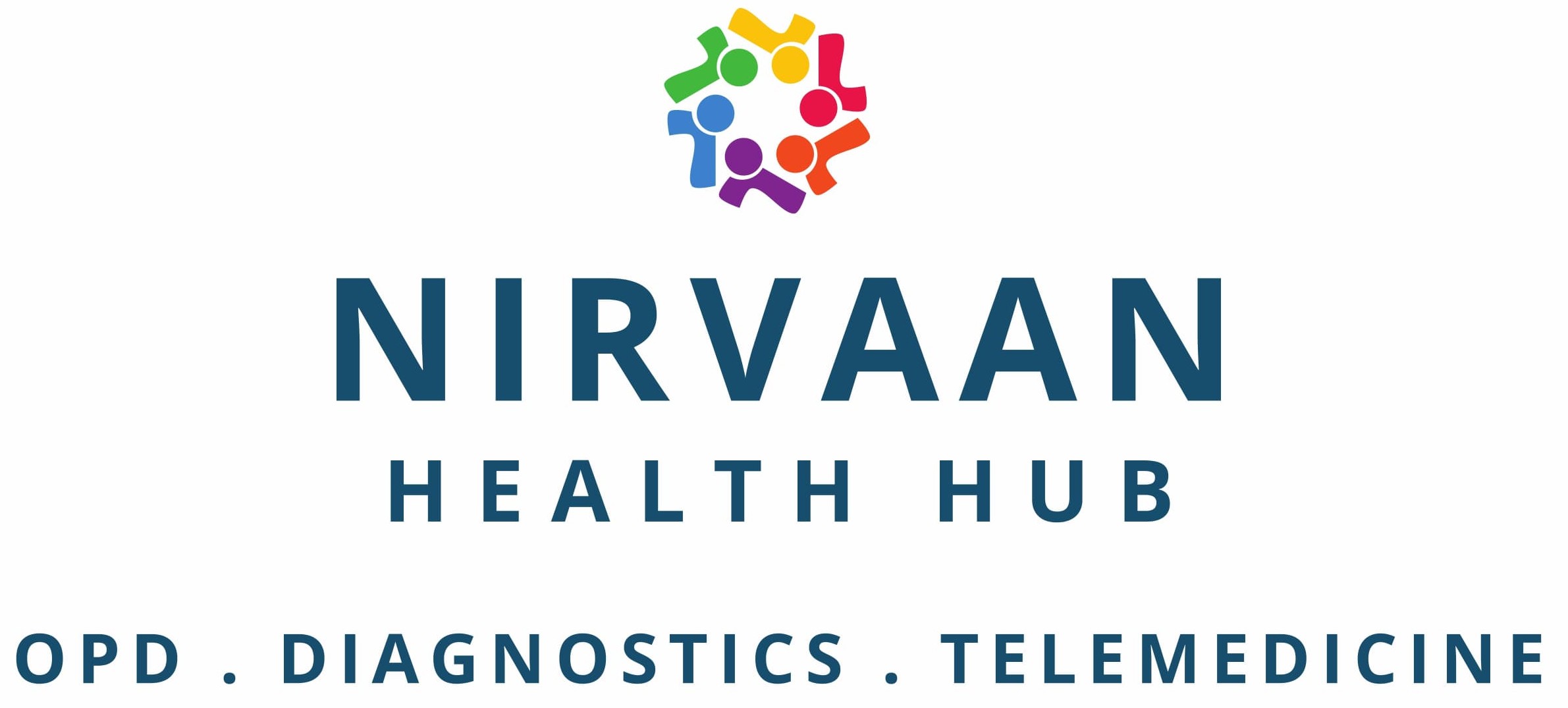Polycystic Ovary Syndrome (PCOS) is increasingly common among women. It affects the hormones that are key for fertility. Many women with PCOS face challenges when trying to get pregnant. Recognizing PCOS and fertility issues is essential because it allows women to take action sooner rather than later.
The awareness surrounding PCOS and fertility treatments can help in understanding this condition better. Women should know about the symptoms and the effects on fertility. It’s important to understand PCOS and pregnancy struggles, acknowledge emotional challenges, and know when it’s time to seek help.
Understanding PCOS and Its Impact on Fertility
PCOS hormone imbalance and fertility problems often go hand in hand. Symptoms of PCOS include irregular periods, weight gain, and acne. When diagnosing PCOS, doctors usually check for these signs and perform tests to confirm.
Hormones play a big role in PCOS and insulin resistance as well. Hormone levels often impact the ovaries’ ability to release eggs, which is crucial for getting pregnant. If hormones aren’t balanced, ovulation can be irregular or absent, making it harder to conceive.
These physical issues also weigh heavily on a woman’s emotions. Infertility can lead to sadness, anxiety, and stress. It’s vital for women to seek mental health support to process the emotional burden. Culture and family expectations might increase pressure, making support even more essential.
Women might feel discouraged and lonely. Open conversations and seeking help can lighten this burden. For many, understanding these challenges is the first step towards managing PCOS.
When to Seek Medical Help and Manage Fertility with Lifestyle Changes
Knowing when to ask for medical help can make a big difference. If a woman tries to conceive for a year with no success, it’s a sign to seek advice. Doctors will guide through potential fertility tests and options.
Typically, consultations can include:
- Ultrasounds
- Blood tests
- Hormone level assessment
Being informed about these can ease some uncertainty.
However, lifestyle plays a vital role too. Adopting a PCOS diet and fertility plan can improve chances of conceiving. Eating balanced meals rich in fiber, healthy fats, and lean protein supports hormone health. Avoiding processed foods and sugary drinks is beneficial.
Exercise is another key element. Regular physical activity manages weight and enhances fertility. Activities like walking, swimming, and gentle yoga are great choices. Alongside physical exercise, managing stress through meditation or deep-breathing exercises is also helpful.
Incorporating these PCOS lifestyle changes for better health can positively affect body and mind, offering a more holistic approach to managing PCOS.
Fertility Treatment Options and Alternative Therapies
If lifestyle adjustments are not enough, there are other PCOS and fertility treatments. Medications can help induce ovulation. In more complex cases, Assisted Reproductive Technologies (ART) like in vitro fertilization might be suggested.
Beyond medical practices, some women explore traditional methods. Ayurveda, an ancient Indian healing system, offers remedies for PCOS. These might include herbal solutions that align with PCOS and fertility issues management.
Herbal treatments, meditation, and spirituality can also support fertility. These practices focus on mind-body balance. Women often find solace and strength by connecting with community resources or traditional support groups.
Every woman’s journey is unique. Exploring various treatments and support networks can make this tough path a bit easier.
Overall, whether through medical intervention or alternative therapies, the key is maintaining hope and staying informed. Empowered women know when to ask for help and explore options.
Understanding the impact of PCOS early on, recognizing symptoms, and knowing when to seek medical assistance can make a huge difference in managing fertility struggles. Incorporating a balanced diet, regular exercise, and stress management not only benefits fertility but promotes overall well-being. Exploring both modern and traditional therapies opens doors to more personalized treatment plans, offering hope and support for women tackling PCOS challenges.

